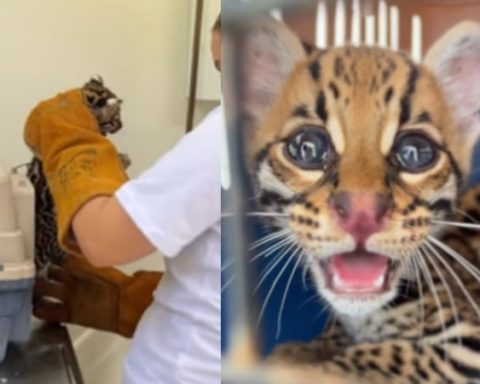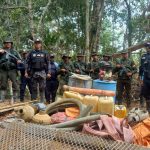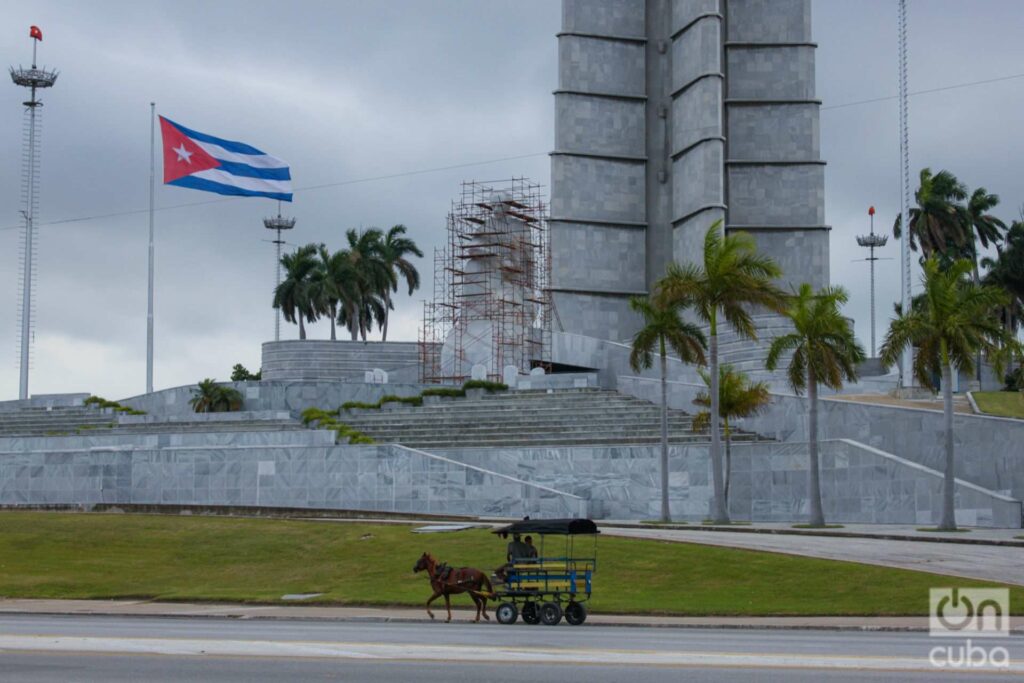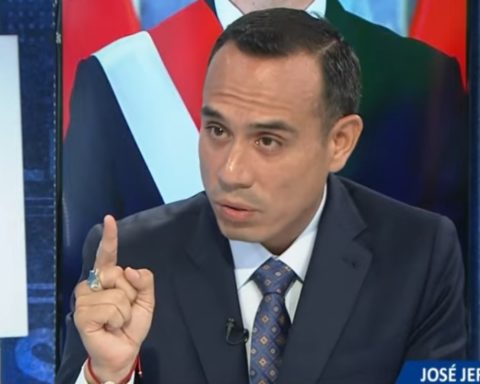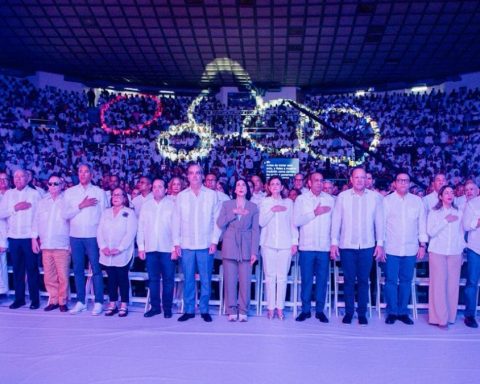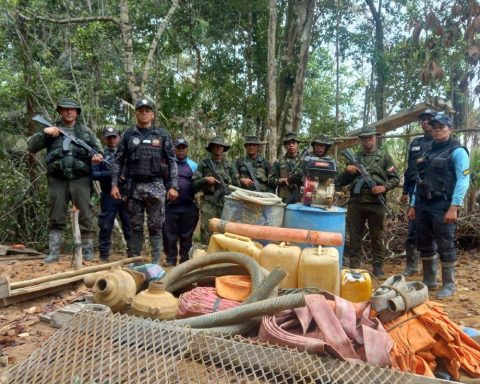For a week, more than 60 members of the indigenous Jiw and Nukak communities carried out experiments on topics of food sovereignty and bioeconomy around the existing biodiversity demonstrating the dialogue with nature.
The initiative, developed with the methods of ‘Colombian Science Clubs’, hopes to benefit 300 children and adolescents from five regions of the country: Nariño, Sucre, Santander and the archipelago of San Andrés, Providencia and Santa Catalina.
In context: ICBF assures that it intensifies actions to protect the children of Guaviare
The strategy of the Ministry of Science, Technology and Innovation and the ScienteLab corporation, in support of the US Embassy, seeks arouse scientific curiosity among indigenous communities from Colombia.
“It has been a wonderful experience that has allowed us dialogue with indigenous Jiw and Nukak peoples about biodiversity existing in the department of Guaviare. The communities have shared their vision of science, their referents and also how those referents dialogue with the knowledge built in other spaces”, stated Yesenia Olaya, Vice Minister of Talent and Social Appropriation of Knowledge of the Ministry of Science.
The purposes outlined by the Ministry of Science, Technology and Innovation are strengthen ties with the scientific diaspora, managing to possess Colombia as a world reference built from the biodiversity and social transformation.
“This experience shows us that Science is diverse, it is built in an intercultural way, and it is based on the fundamental principle of respect”, highlighted Olaya.
From elsewhere, Marcela Ovalle, PhD in Analytical Chemistry, who is part of the Ensenada Center for Scientific Research and Education, in Baja California, Mexico, indicated that, “Communities have extensive knowledge about their environment, such as food production and plant growth, so we mainly had a total exchange of knowledge.”





